🔦 Beacon Technology: Powering the Next Wave of Location-Based Innovation
In today’s hyper-connected world, beacon technology is redefining how businesses interact with customers in real time. Beacons are small, Bluetooth Low Energy (BLE) devices that transmit signals to nearby smartphones, enabling personalized and context-aware experiences.
From retail stores and airports to museums and hospitals, beacons are bridging the digital and physical worlds — creating smarter, more intuitive environments.
🚀 How Beacon Technology Works
Beacons emit a continuous Bluetooth signal that can be detected by mobile apps on nearby devices. When a user enters a beacon’s range, the app triggers an action — such as sending a notification, unlocking content, or tracking foot traffic.
For example:
-
A customer walking into a store might get a discount notification.
-
A museum visitor could receive audio guides automatically.
-
A logistics company can track assets in real time.
🏬 Real-World Applications
-
Retail & Shopping Malls – Personalized promotions and customer analytics.
-
Events & Stadiums – Navigation assistance and fan engagement.
-
Healthcare – Patient tracking and resource management.
-
Smart Cities – Location-based public information systems.
-
Hospitality – Contactless check-ins and guest services.
💡 Advantages of Beacon Technology
-
Low energy consumption
-
Enhanced customer engagement
-
Accurate indoor navigation
-
Real-time data analytics
-
Seamless integration with IoT ecosystems
🔐 Challenges and Considerations
-
Requires users to enable Bluetooth and location access
-
Potential privacy concerns
-
Compatibility with mobile OS and devices
-
Maintenance and battery life of beacon hardware
🌍 Future of Beacon Technology
The future of beacons lies in integration with AI, IoT, and 5G networks, enabling smarter automation, predictive analytics, and hyper-personalized user experiences. Beacons are set to play a major role in smart retail, healthcare automation, and industrial IoT systems.
❓Frequently Asked Questions (FAQs)
1. What is beacon technology in simple terms?
Beacon technology uses small Bluetooth devices to send signals to nearby smartphones or tablets, enabling location-based interactions or services.
2. What is the range of a beacon?
Typically, beacons have a range of 10 to 100 meters, depending on their power settings and environmental conditions.
3. Do beacons work without the internet?
Yes, beacons use Bluetooth signals, not Wi-Fi. However, an internet connection may be required for apps to fetch or display related content.
4. Are beacons secure?
Beacons themselves don’t collect data — they only broadcast signals. However, app developers must implement strong privacy and security controls to protect user information.
5. How much do beacons cost?
Basic beacons can cost ₹500–₹2000 (or $10–$25) each, depending on brand and range.
6. Can beacons work with both Android and iOS devices?
Yes, most modern beacons are compatible with both platforms, though implementation may vary slightly.
7. What industries benefit most from beacons?
Retail, hospitality, healthcare, logistics, education, and smart city projects are the top adopters.













 2025. All rights reserved
2025. All rights reserved